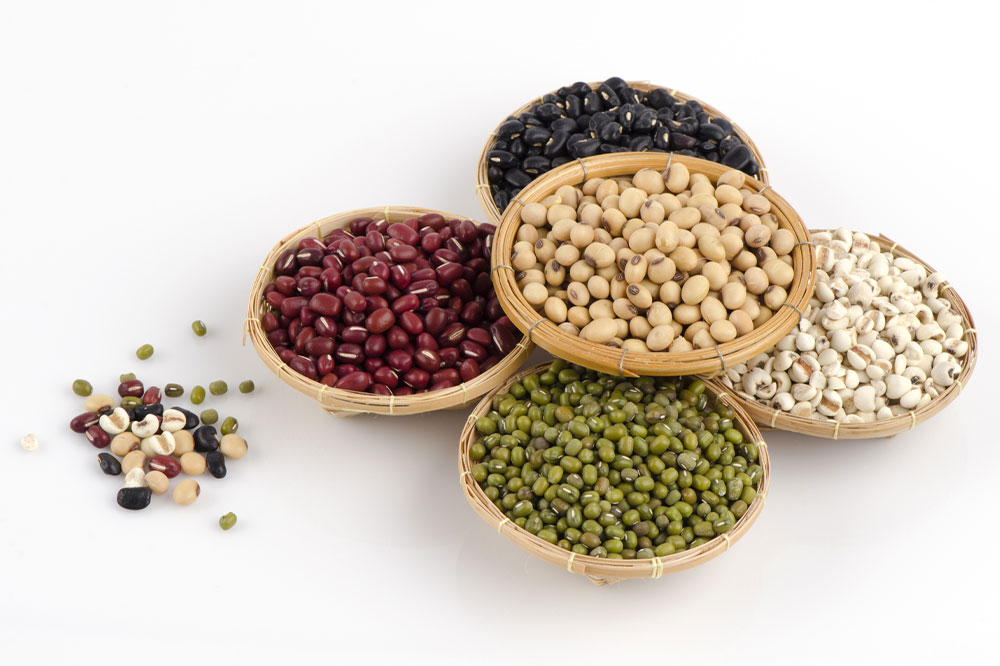Top Dietary Strategies for Strong and Healthy Bones
Learn effective dietary tips to strengthen your bones, including the importance of calcium, vitamin D, and protein. Avoid high-sodium and alcohol-rich foods to prevent calcium loss. Incorporate nutrient-rich foods into your daily meals for optimal skeletal health and reduce fracture risks.
Sponsored

Maintaining strong bones requires adequate intake of key nutrients through a balanced diet. Proper nutrition plays a vital role in preventing bone-related disorders and ensuring overall skeletal health. Here are essential dietary tips to support healthy bones:
Consume calcium-rich foods: Calcium is fundamental for maintaining bone density. Adults aged 19-50 need about 1,000 mg daily, increasing to 1,200 mg for women over 51 and men over 71. Dairy products like milk, cheese, and yogurt are excellent sources. Vegetarians and those lactose intolerant can choose dark leafy greens such as kale, broccoli, spinach, and collard greens for calcium intake.
Increase vitamin D intake: Vitamin D enhances calcium absorption. It can be obtained from fortified dairy, fatty fish like salmon and mackerel, and through sensible sun exposure. The recommended vitamin D intake is 600 IU for ages 19-70, rising to 800 IU for older adults.
Include protein in your diet: Proteins support bone structure and repair. Sources include meats, poultry, dairy, and plant-based options. Adequate protein consumption is especially crucial during developmental years and for ongoing bone maintenance.
Avoid foods detrimental to bone health: Limit high-sodium processed foods, excessive alcohol, and caffeinated or carbonated drinks. These can increase calcium loss and weaken bones over time. Moderation is key to preserving bone strength.
Implementing these nutritional habits can significantly enhance bone strength and reduce the risk of fractures and osteoporosis, promoting lifelong skeletal health.






